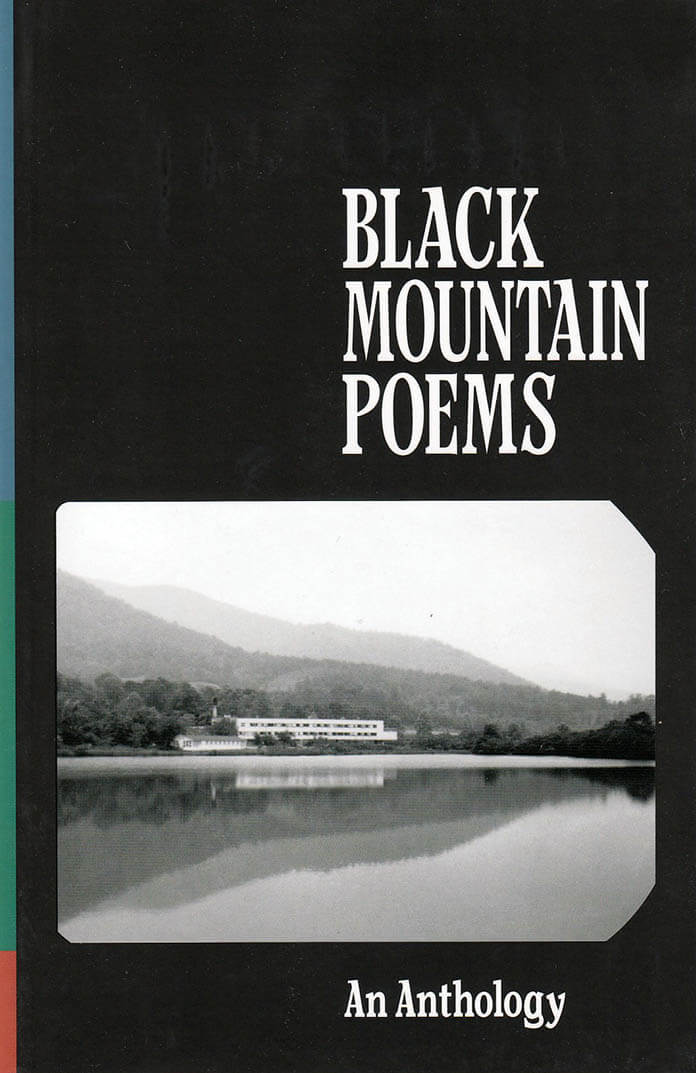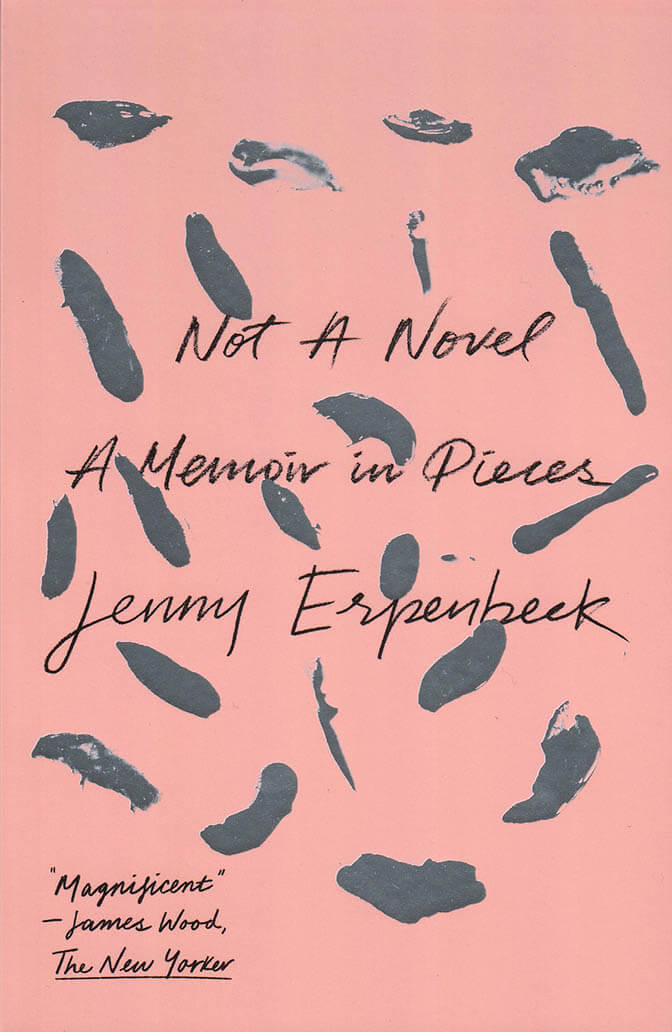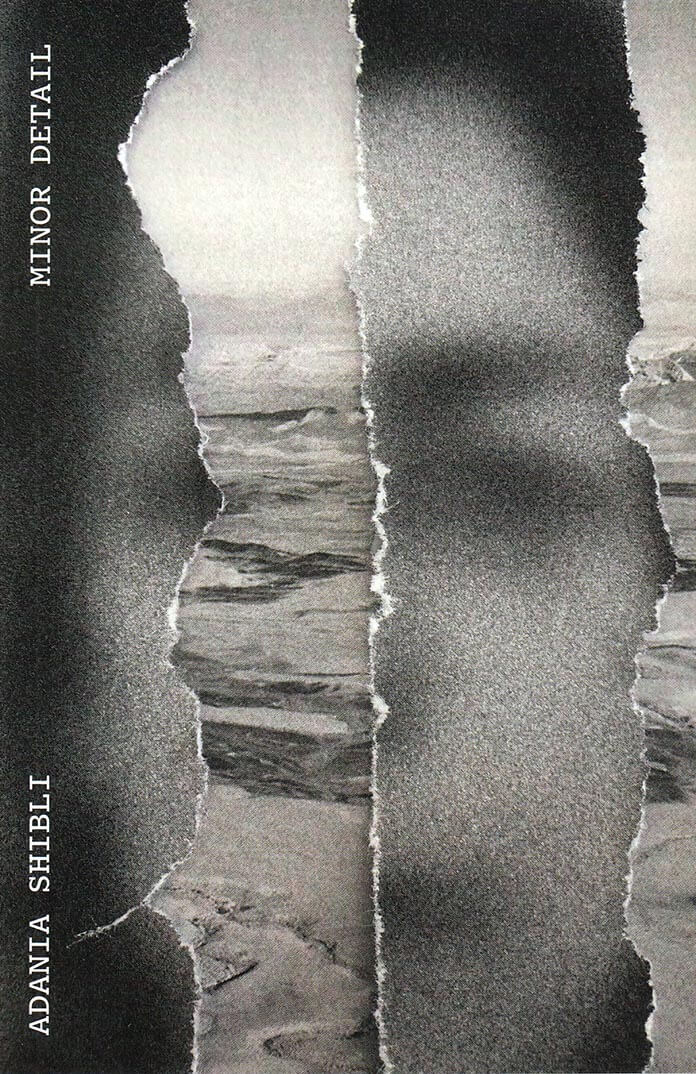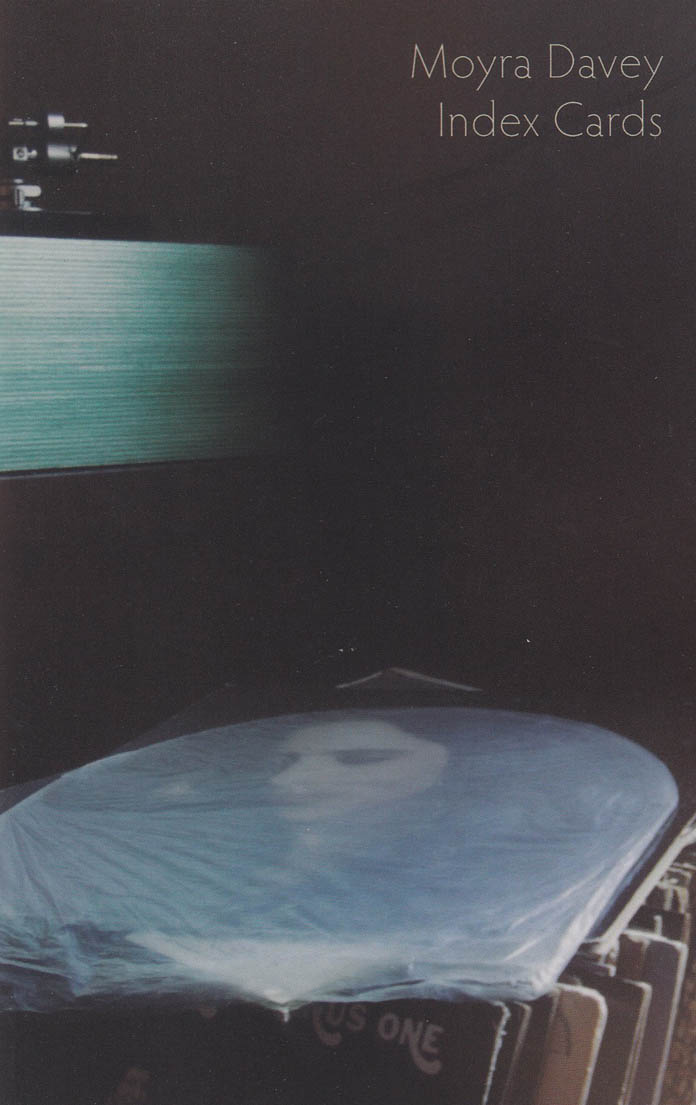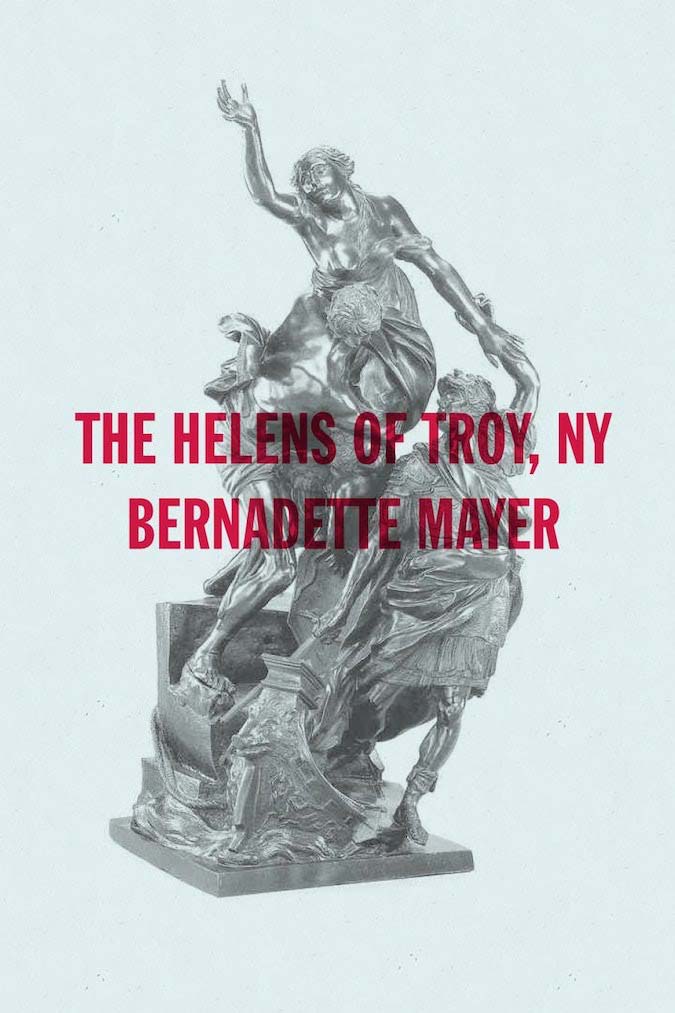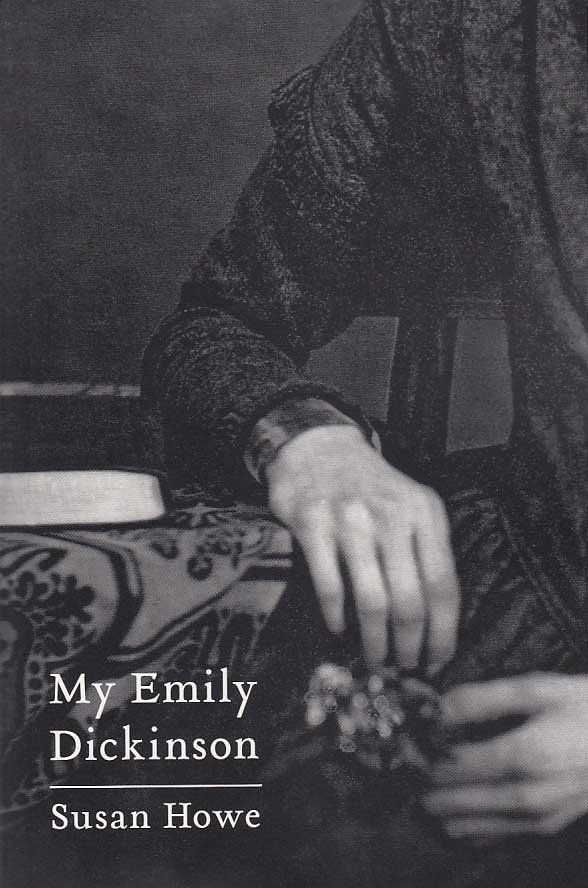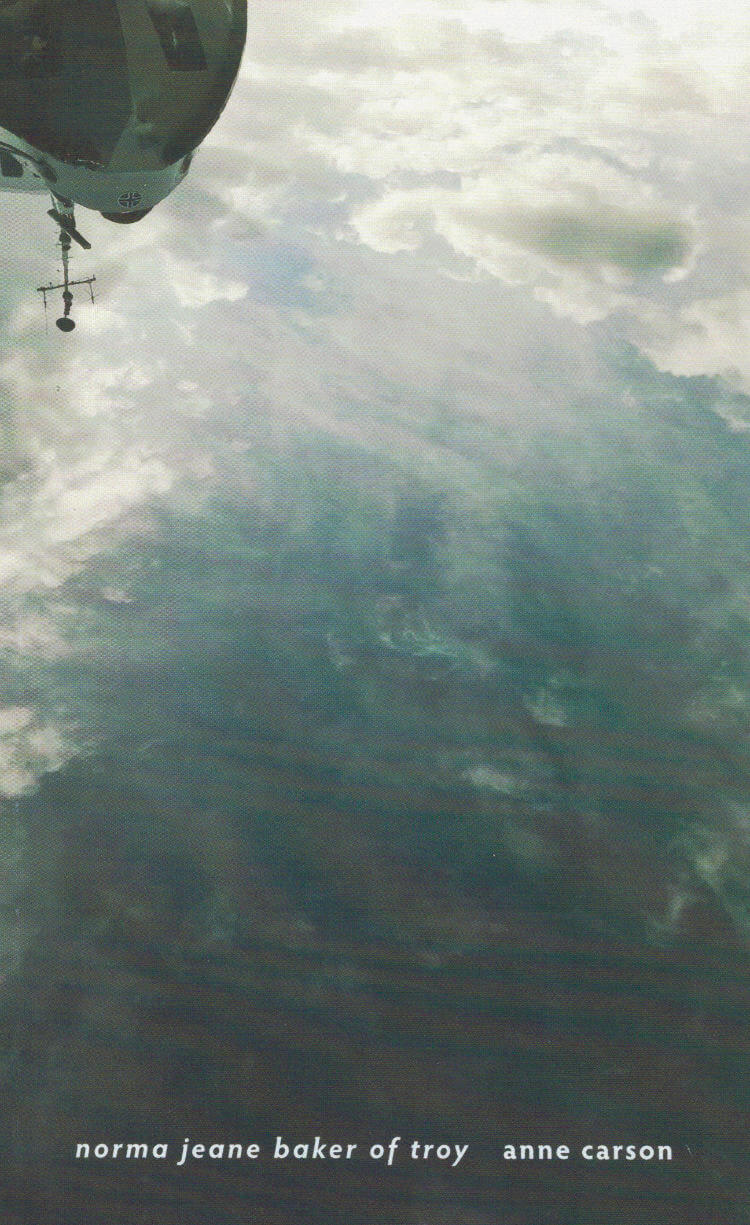“Only artworks are capable of transmitting chthonic echo-signals,” Susan Howe has said.
In Concordance,she has created a fresh body of work transmitting vital signals from a variety of archives. “Since,” a semiautobiographical prose poem, opens the collection: concerned with first and last things, meditating on the particular and peculiar affinities between law and poetry, it ranges from the Permian time of Pangaea through Rembrandt and Dickinson to the dire present. “Concordance” a collage poem originally published as a Grenfell Press limited edition, springs from slivers of poetry and marginalia, cut from old concordances and facsimile editions of Milton, Swift, Herbert, Browning, Dickinson, Coleridge, and Yeats, as well as from various field guides to birds, rocks, and trees: the collages’ “rotating prisms” form the heart of the book.
The final poem, “Space Permitting,” is collaged from drafts and notes Thoreau sent to Emerson and Margaret Fuller’s friends and family in Concord while on a mission to recover Fuller’s remains from a shipwreck on Fire Island. The fierce ethic of salvage in these three very different pieces expresses the vitalism in words, sounds, and syllables—the telepathic spirit of all things singing into air.
In the collage poems language is both word and image. Source texts are cut up and repurposed, overlaid, truncated--they scatter across the page and spill into the gutter, run to the outside margins. Small blocks of quotations are buttressed and broidered by other quotations, slender and enigmatic, running in the opposite direction; some are illegible, serving more as shapes, gnomic geometries born of inscrutable utterances. To embody, in graphic or poetic form, a reconstituted approach to reading and writing, one that reaches beyond the page, through difficulty, silence, and stutters, to another kind of knowledge. -- Emily LaBarge







